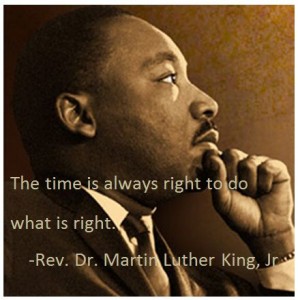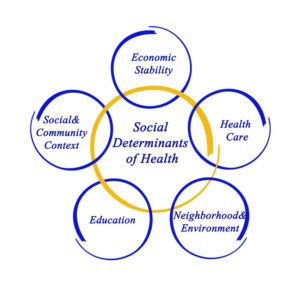If you work in healthcare, you understand the importance of public health, disease prevention, and research. Even if you don’t work in healthcare, you and your family use a range of health services and count on having access to some of the most advanced healthcare in the world.
count on having access to some of the most advanced healthcare in the world.
But the new administration in DC may be causing you concerns as a healthcare professional and/or consumer of healthcare. Maybe you are concerned that the new Secretary of Health and Human Services (HHS) is anti-vaccine and anti-science. On the other hand, you may be optimistic about potentially positive changes around processed foods as he says he will “Make America Healthy Again”. The irony of those two points is not lost on me.
Maybe you are worried about cuts to Medicaid and Medicare. But you hear leaders in Washington say that will never happen. Or maybe you are a veteran concerned that your health benefits and services will be reduced. Maybe you or a family member care about cancer or Alzheimer research. All of these are legitimate concerns shared by millions of Americans.
I shared a post on LinkedIn a week ago that included a link to the 42-page list of grants that the National Institute of Health (NIH) had cut. As Dr. Michael Wagner, President and CEO of Care New England said in the original post, “most of the grants targeted for termination focused on:
-
- LGBTQ+ health and gender-affirming care
- Racial and ethnic disparities in health outcomes
- Mental health and trauma among marginalized populations
- Social determinants of health and health equity
- Vaccine access, behavior, and hesitancy research”
He went on to write, “This appears to be less about performance and more about realigning federal policy priorities—away from equity-focused, community-based, and prevention-oriented work.”
But maybe none of those grant cuts impacted you directly.
This week there were significant HHS cuts, and many programs were gutted. I’d be surprised if one of them didn’t directly impact you. Continue reading









